Affiliate links on Android Authority may earn us a commission. Learn more.
Xfinity Mobile vs Verizon: Should you make the switch?
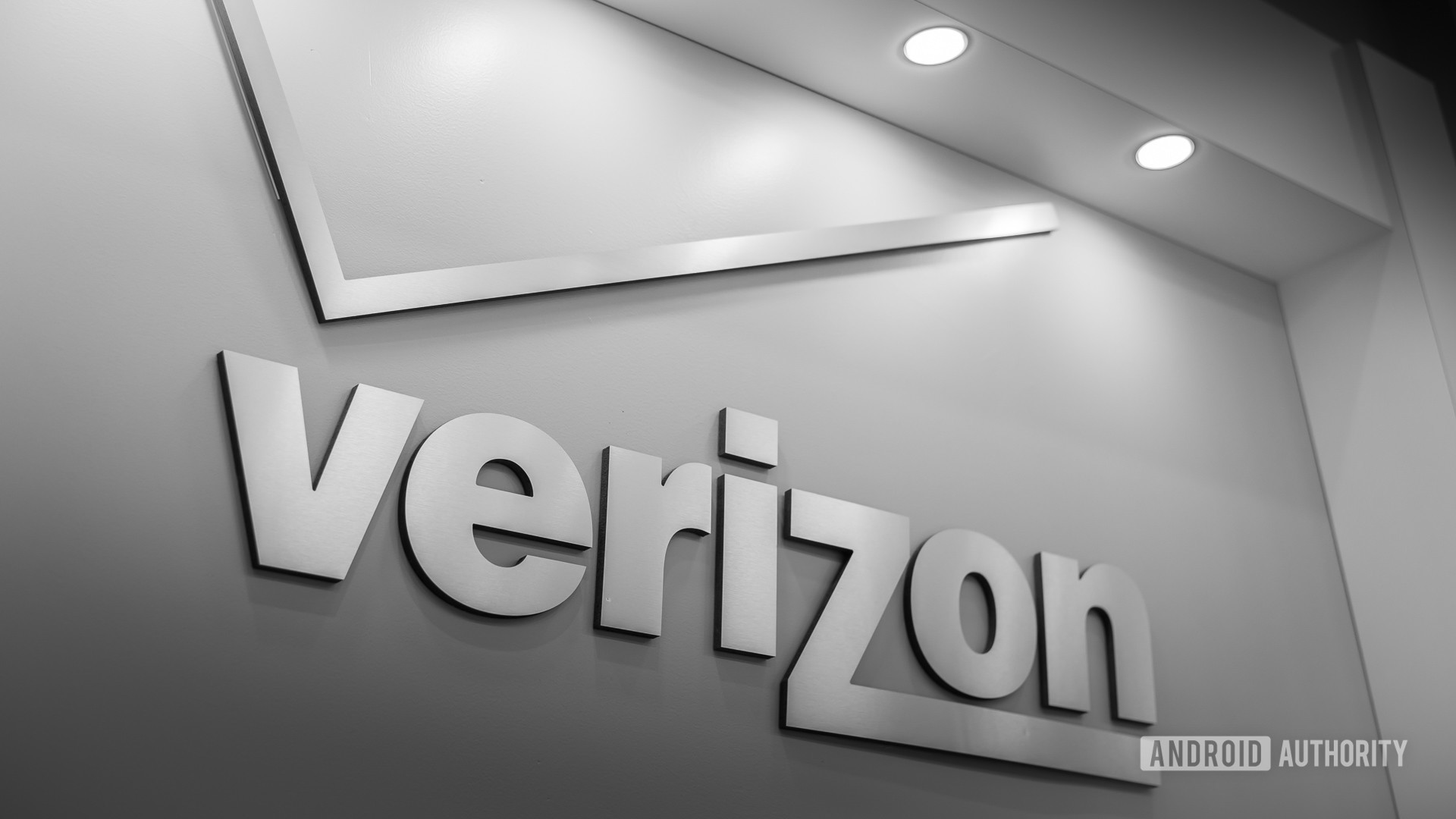
The Comcast-owned Xfinity Mobile is an MVNO (mobile virtual network operator) powered by Verizon’s network. It’s not without its hoops to jump through, but how does the internet provider hold up when compared directly to Big Red? We’ll compare the two at every turn to see who will emerge victorious in the battle of Xfinity Mobile vs Verizon.
You already know that both carriers rely on Verizon’s infrastructure, but that’s just the tip of the iceberg. We’ll break down the prices, perks, and your selection of phones to help you choose your next carrier. Ready to see how Xfinity holds up? Here we go.
Xfinity Mobile vs Verizon — Pricing
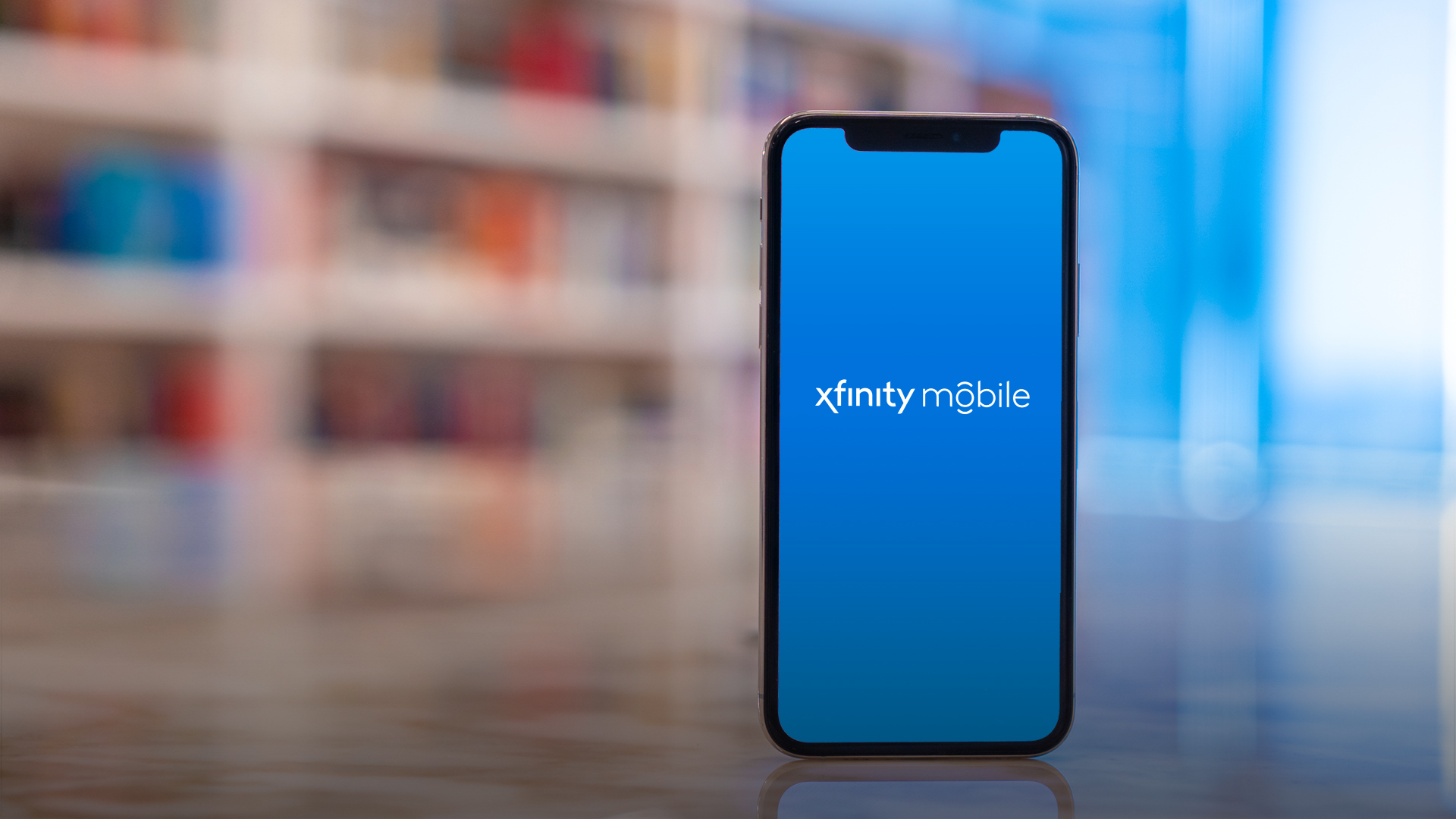
Comparing prices is not as easy as putting each plan head to head. We already know Verizon is expensive, so it would stand to reason that Xfinity Mobile can win this category. However, Xfinity Mobile has one large catch — you must be an internet subscriber to sign up. Check out the table below for more prices before digging a bit deeper.
| Plan | Cost | Data | Hotspot access |
|---|---|---|---|
| Plan Xfinity Mobile By The Gig | Cost $20 per gig | Data Per gig charge | Hotspot access Per gig charge |
| Plan Xfinity Unlimited | Cost $40 per line $30 per line for 2 $26.60 per line for 3 $25 per line for 4 | Data 30GB high-speed, slowed after | Hotspot access 3G unlimited hotspot |
| Plan Xfinity Unlimited Plus | Cost $55 for one line $40 for two lines | Data 50 high-speed, slowed after | Hotspot access 15GB LTE/5G, 3G after |
| Plan Verizon myPlan Unlimited Welcome | Cost $65 for one line $55 for two lines $40 for three lines $30 for four lines | Data Unlimited 4G LTE 5G Nationwide Unlimited 4G LTE 5G Nationwide | Hotspot access None |
| Plan Verizon myPlan Unlimited Plus | Cost $80 per line for one line $70 per line for two lines $55 per line for three lines $45 per line for four lines | Data Unlimited 4G LTE 5G Nationwide 5G wideband | Hotspot access 30GB LTE/5G |
| Plan Verizon myPlan Unlimited Ultimate | Cost $90 per line for one line $80 per line for two lines $65 per line for three lines $55 per line for four lines | Data Unlimited 4G LTE 5G Nationwide 5G wideband | Hotspot access 60GB LTE/5G |
Xfinity Mobile
Keep in mind the pricing listed above does not include the actual subscription cost for internet service. We’re not going to add in the price of Xfinity’s internet service with each plan, as the pricing and speeds can vary depending on the region. That said, here’s roughly what you can expect to pay:
- 400Mbps — $50-60 per month
- 800Mbps — $60-70 per month
- 1,000Mbps — $65-80 per month
- 1,200Mbps — $70 per month
- 6Gbps – $299.95 per month
Although your internet bill can rack up quickly, Xfinity Mobile’s plans should help you keep your service cost low. You can either pay for a shared data pool or go with unlimited service for each line. If you roll with the By The Gig plan, you won’t pay any monthly access costs, just the per gig rate. The Unlimited Plan is reasonably straightforward, and it offers a mix of 4G LTE and 5G service. Xfinity Mobile allows you to mix and match so one user can be unlimited while others share with By The Gig coverage.
Xfinity Mobile also has a multi-line discount option for those who plan to sign up with more than one line.
Verizon
At Verizon, your high costs are upfront. You know what you’ll pay without adding an extra Internet plan to the mix, though Verizon’s postpaid accounts actually can give you a discount on Internet access through Verizon if that’s something you’re interested in. You’ll also find that the service becomes more affordable the more lines you add. If you have a large family, Verizon actually might prove to be cheaper than going with Xfinity Mobile’s service.
Xfinity Mobile vs Verizon — Coverage
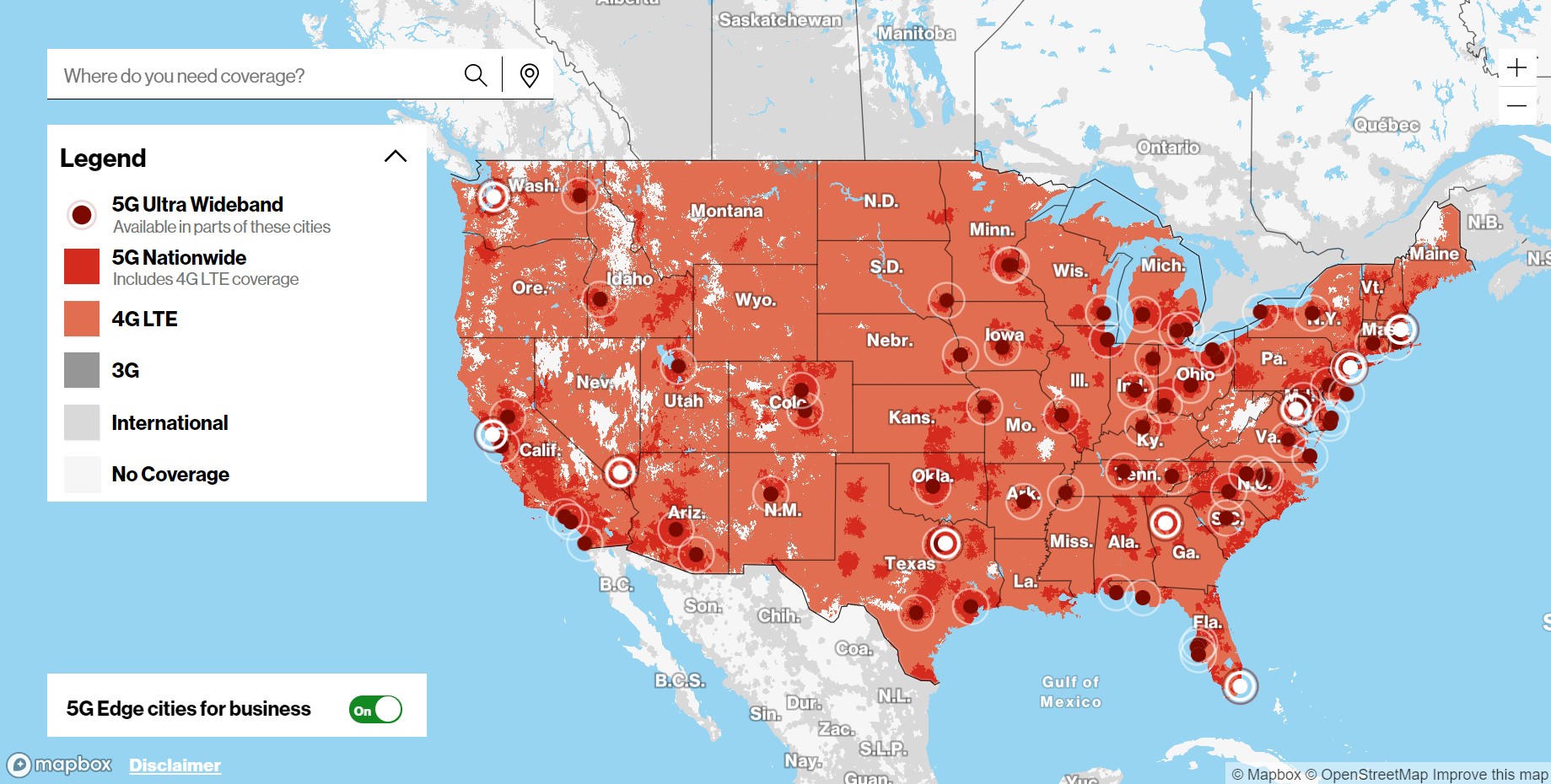
Although Xfinity Mobile and Verizon rely on the same 4G LTE networks for service, they’re not entirely identical. The main draw of Xfinity Mobile is the massive network of high-speed hotspots. Instead of relying on a mobile network, your phone will do its best to bounce between hotspots and keep you on Wi-Fi that doesn’t count against your cap. It’s easy to check your local mix of hotspots right here.
If you live in rural areas, this might be less useful. That said, many major cities will have tons of available connection points. This is a great way to extend your data cap, as well, since these access points don’t count against your total data package.
You won’t be able to check a national map for Xfinity Mobile’s 4G LTE coverage. Nevertheless, it should be pretty solid, considering the Verizon infrastructure. Select hotspots around sports stadiums and other highly populated areas are also 5G-enabled.
As for Verizon’s coverage, you already know that it’s fast. It’s also pretty much everywhere, thanks to a 4G LTE network that covers over 70% of the United States. While it’s not perfect coverage, the areas where you’ll struggle for signal tend to be less populated anyway.
Verizon’s 5G availability isn’t limited to hotspots in the way that Xfinity’s is, but it’s not always much better. You’ll find that the mmWave setup is quite limited, but the new Nationwide network is far more accessible. You can check out Verizon’s interactive coverage map right here.
It’s also important to talk about throttling and deprioritizing. Verizon customers are always going to have priority over those using Xfinity Mobile. During times of major congestion, you might notice slower speeds than is typical.
Xfinity Mobile vs Verizon — Perks and promotions
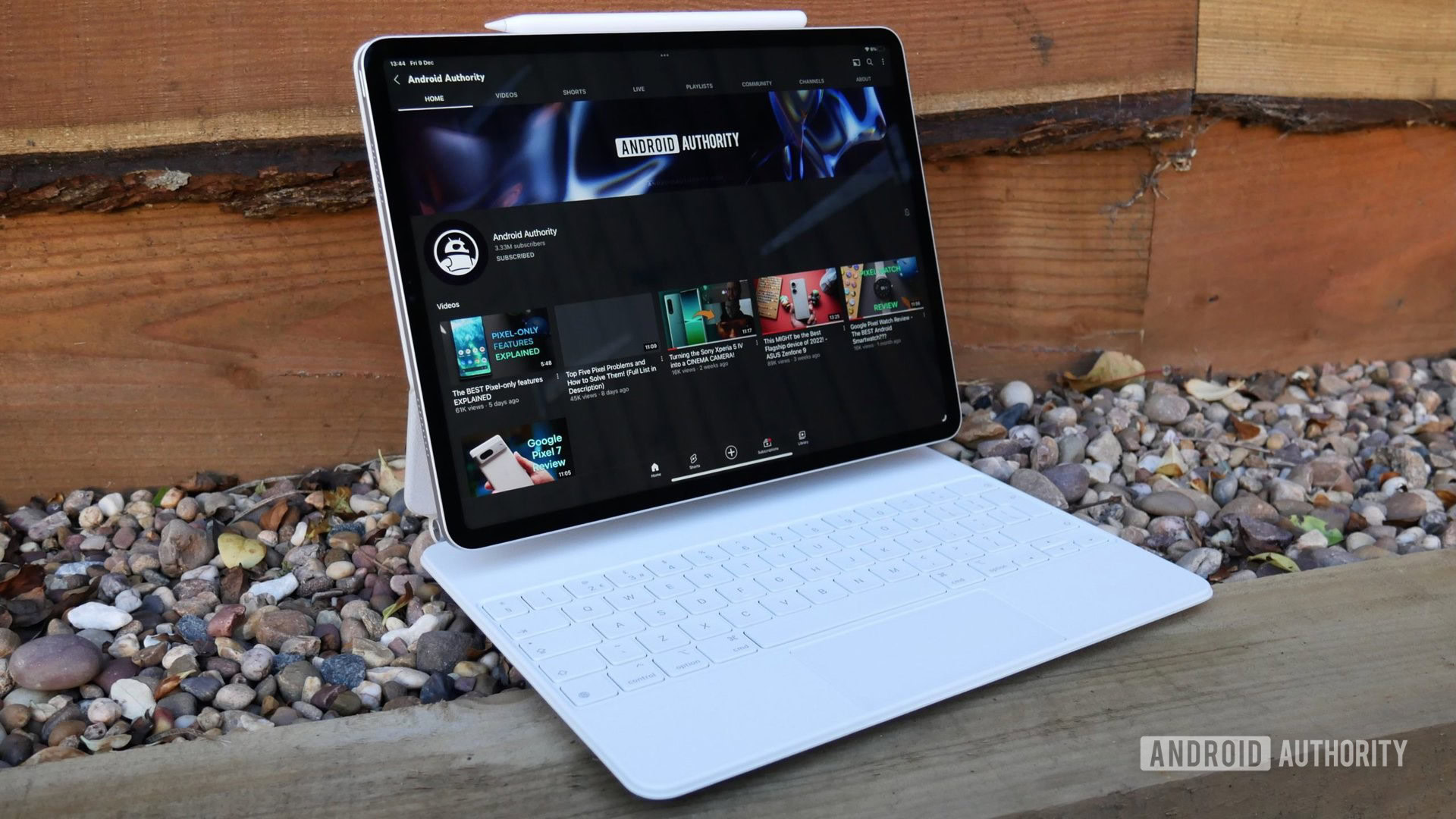
Pricing and coverage might be the two main factors in choosing a mobile carrier, but they don’t tell the whole story. You also want to consider perks and promotions.
As a major carrier, Verizon often has phones on sale for reduced rates or even free, though you’ll usually have to agree to a contract period to take advantage and will be stuck paying for the phone if you want to leave early. These days many free phone deals are also contingent on having higher-end postpaid plans.
Verizon gets to flex its big carrier muscles once again when it comes to promotions. You can save a few hundred dollars on most of its devices and even more when you switch from another carrier. Verizon also often gives you much greater value for your trade-ins than you’ll likely get elsewhere.
Verizon used to have a lot of included perks, but its switch to its myPlan strategy changed all that. Verizon no longer includes perks for free but let’s you access them for just $10 each. The rates are cheaper than you’d pay if you signed up for these features directly. Here’s a full list of perks on Verizon (each $10 a month):
- Disney Bundle (Hulu, Disney Plus, ESPN Plus)
- 2TB Cloud Storage
- 100GB Mobile hotspot
- Walmart+ Membership
- Apple One
- Apple Music Family
- Smartwatch Data
- 3 TravelPass Days
Unfortunately, Xfinity Mobile doesn’t come close to Verizon’s perk prowess. It’s partly due to the nature of MVNOs — low cost typically means no perks. You won’t find video or music streaming bonuses, though the mix-and-match setup is one of the carrier’s best features. Xfinity Mobile’s prospects improve slightly in terms of promotions thanks to discounts on various devices. For example, you can get a free iPhone 15 with a trade-in, or save up to $830 on iPhone 15 Pro. You can check out more Xfinity Mobile deals here.
Xfinity Mobile vs Verizon — Phone selections
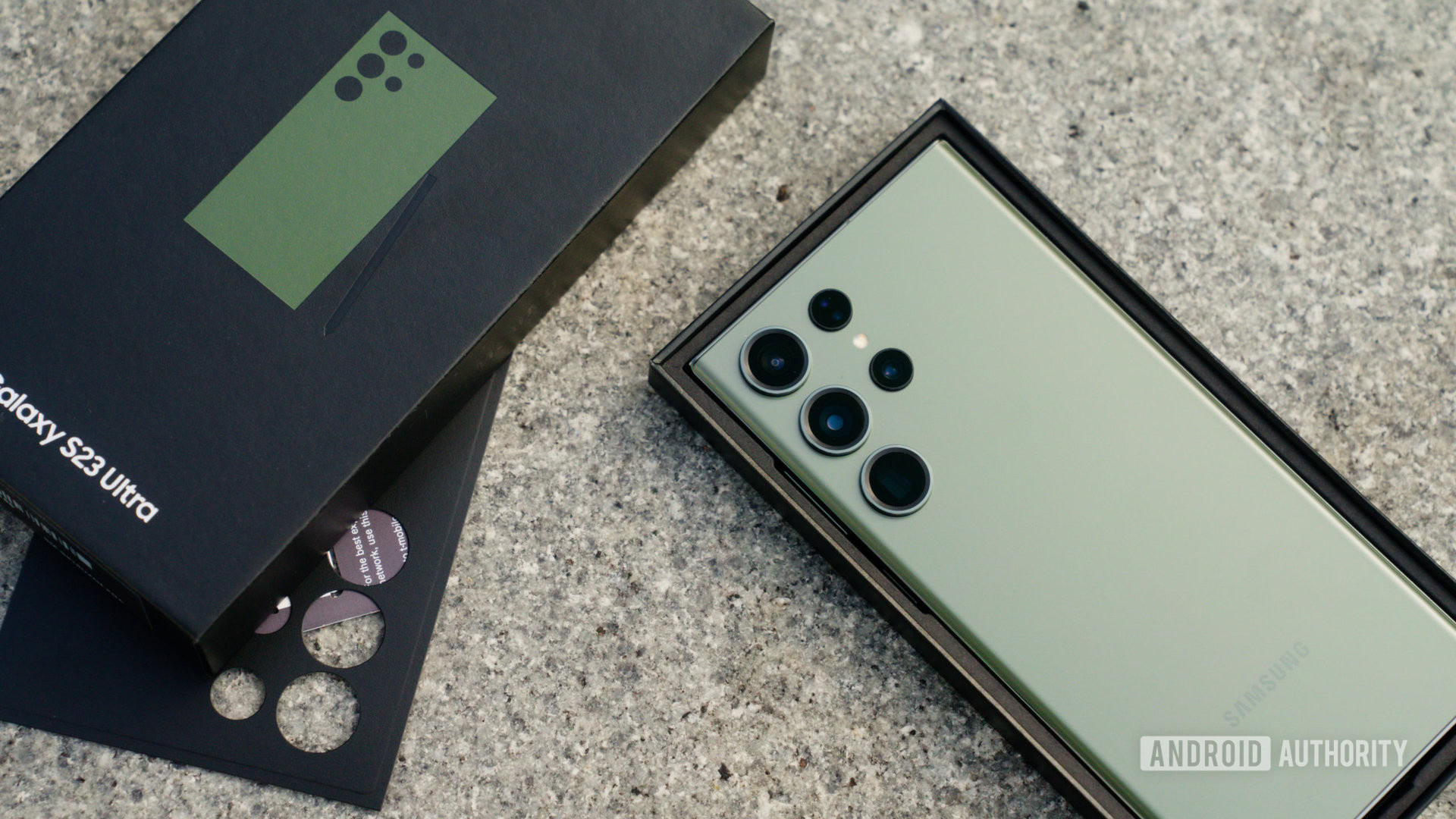
Verizon is among the largest United States carriers, so it follows that Big Red has an impressive menu of high-end devices. If you can name it, there’s a good chance Verizon supports it. All of Samsung, Apple, and Google’s best devices are there, and you can even bring your own if you want to.
If you want the fastest 5G access, you’ll have to look for Verizon’s UW tag, as the mmWave network requires some extra special hardware. However, Verizon’s Nationwide 5G launch means that you can bring even more devices to the network.
Over on Xfinity Mobile, you might be surprised at the variety of phones you can choose from. It keeps up with the big dogs, offering the iPhone 15 family, Galaxy S24 lineup, and even the Pixel 8 family. As a more budget-friendly alternative, Xfinity Mobile also supports various Motorola phones.
Which carrier is right for you?
Finally, the answer you’ve been looking for — who should you choose in the battle of Xfinity Mobile vs Verizon? Well, the answer depends on you. If you’re already an Xfinity Internet customer, it becomes much easier to consider the internet provider for mobile service. However, if you rely on another internet provider, then you’ll have to switch to Xfinity, which will run you at least another $40 per month. You’ll have to spend more than that to reach top-end speeds, so suddenly, the low-cost options aren’t very cheap.
If you have the budget and already like your internet provider, it makes sense to go with Verizon. You’ll get more perks and a better list of phones to choose from. Verizon emphasizes its unlimited plans, and you won’t be de-prioritized for taking full advantage of your data.
You may read through all of this and decide that neither carrier is right for you, and that’s good too. For more carrier options, check out our guides for AT&T, T-Mobile, and Google Fi Wireless.